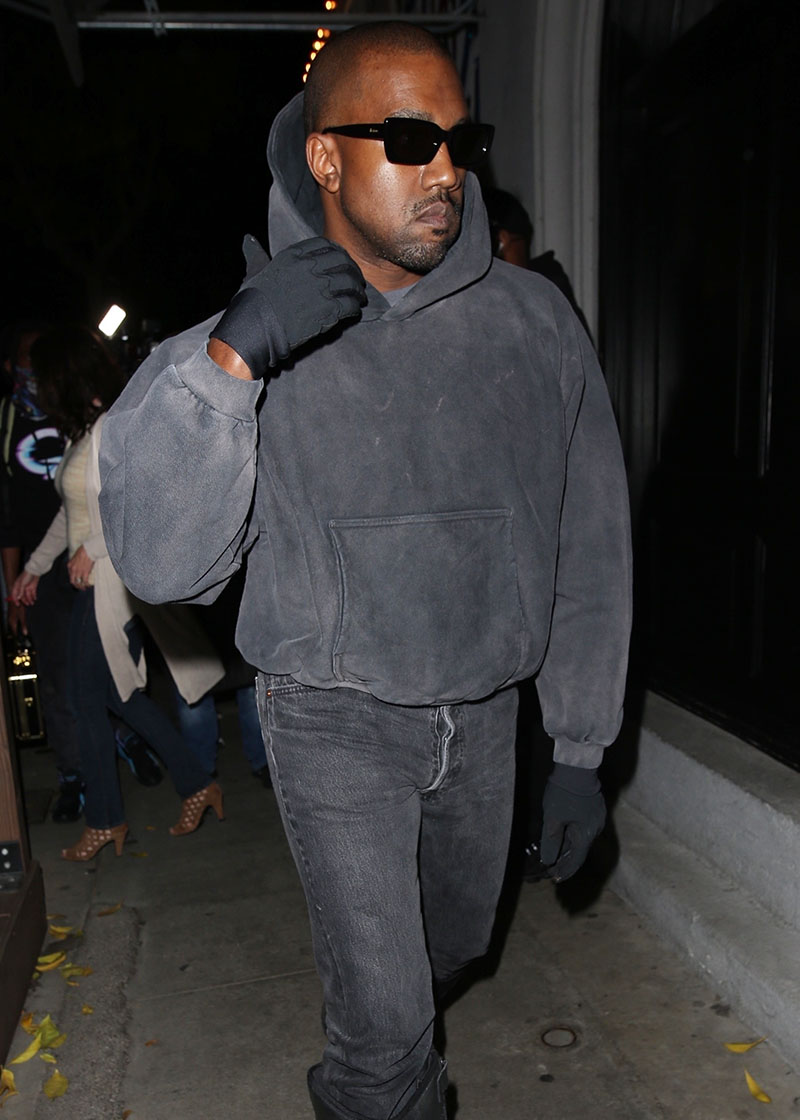When you first hear the term "skinned monkey," your mind might immediately jump to some dark, unsettling imagery. But hold up, because there's more to this phrase than meets the eye. It's not just about what it sounds like; it's steeped in history, culture, and even a little bit of humor. If you're curious about the origins, meanings, and everything in between, you're in the right place. So buckle up, because we're diving deep into the world of "skinned monkey."
Now, you might be wondering why this phrase even exists. Well, language is a living, breathing thing, and over time, words and expressions evolve. "Skinned monkey" isn't just a random string of words—it carries weight, context, and significance that we're about to break down for you. Whether you're here out of curiosity or because you stumbled upon this phrase somewhere and want to know more, we've got you covered.
Before we dive into the nitty-gritty, let's set the stage. This article isn't just about definitions or etymology. It's about understanding the broader implications of "skinned monkey," how it fits into modern conversations, and why it matters. So, without further ado, let's get started!
Read also:David Boon Son Unveiling The Legacy And Journey Of A Cricket Icon
What Does "Skinned Monkey" Really Mean?
Let's cut to the chase. When someone says "skinned monkey," they're usually referring to something that's been stripped down to its bare essentials. Think of it like peeling back the layers to reveal what's underneath. In some contexts, it could mean exposing the truth, while in others, it might refer to something that's been simplified or reduced to its core components. But here's the kicker—it's not always literal.
Historical Context and Origins
Back in the day, "skinned monkey" wasn't just a phrase—it had practical applications. In certain cultures, it referred to the process of preparing food or materials. For example, in some indigenous communities, the term was used to describe the act of removing the outer layer of certain animals or plants. Over time, though, the phrase took on new meanings, especially in slang and colloquial language.
Modern Usage and Interpretations
Fast forward to today, and "skinned monkey" has become a catch-all term for a variety of situations. In urban slang, it might refer to someone who's been stripped of their pride or dignity. In business, it could mean cutting through the fluff to focus on what really matters. The beauty of language lies in its flexibility, and "skinned monkey" is a perfect example of that.
Why Is "Skinned Monkey" So Controversial?
Let's talk about the elephant in the room. Some people find the phrase "skinned monkey" unsettling or even offensive. Why? Because it conjures up images of violence and cruelty. But here's the thing—context is everything. In many cases, the phrase is used metaphorically, without any intention of harm. However, that doesn't mean we should ignore the potential impact it can have on others.
The Cultural Impact
Culture plays a huge role in how we perceive language. For some, "skinned monkey" might be a harmless expression, while for others, it could trigger painful memories or associations. That's why it's important to approach language with sensitivity and respect. After all, words have power, and we should use them wisely.
Addressing the Critics
Now, let's address the critics head-on. Some argue that "skinned monkey" perpetuates negative stereotypes or desensitizes us to violence. While there's certainly merit to that argument, it's also worth noting that language evolves. What was once considered taboo might now be seen as a way to challenge societal norms. It's all about finding a balance between expression and respect.
Read also:Kat Timpf New Baby Name The Cutest Addition To The Family
Where Does "Skinned Monkey" Fit in Today's World?
In a world that's constantly changing, "skinned monkey" remains relevant. Whether you're discussing politics, business, or even pop culture, this phrase can add depth and nuance to your conversations. But how exactly does it fit into our modern landscape? Let's break it down.
In Politics
Politics is all about communication, and "skinned monkey" can be a powerful tool in that arena. Imagine a politician using the phrase to highlight the need for transparency or accountability. It's a way of saying, "Let's cut through the noise and get to the heart of the matter." Of course, it's important to use such language responsibly, but when done right, it can be incredibly effective.
In Business
Businesses love efficiency, and "skinned monkey" embodies that principle. It's all about stripping away the unnecessary and focusing on what truly matters. From marketing strategies to product development, this phrase can inspire teams to think creatively and solve problems in innovative ways.
In Pop Culture
Pop culture is where language really shines. Whether it's in music, movies, or social media, "skinned monkey" has made its mark. Artists and creators often use it to push boundaries and challenge conventions. It's a way of saying, "We're not afraid to tackle tough topics or ask tough questions."
Breaking Down the Meaning: A Closer Look
So, we've talked about the history, usage, and cultural impact of "skinned monkey." But what does it really mean? Let's dive deeper into the nuances of this phrase and explore its various interpretations.
The Literal Meaning
- Refers to the act of removing the outer layer of something
- Often used in contexts involving food preparation or material processing
- Carries connotations of simplicity and authenticity
The Metaphorical Meaning
- Symbolizes exposing the truth or revealing hidden aspects
- Can be applied to personal growth, relationships, or societal issues
- Encourages critical thinking and introspection
The Emotional Impact
Language has the power to evoke emotions, and "skinned monkey" is no exception. Depending on how it's used, it can inspire curiosity, provoke thought, or even spark controversy. That's the beauty of language—it's a reflection of who we are as individuals and as a society.
How to Use "Skinned Monkey" Effectively
Now that you know what "skinned monkey" means, how can you use it in your own life? Whether you're a writer, speaker, or just someone who loves language, this phrase can add depth and richness to your communication. Here are a few tips to help you use it effectively:
Know Your Audience
Understanding your audience is key. If you're speaking to a group of professionals, they might appreciate the metaphorical implications of "skinned monkey." On the other hand, if you're engaging with a more casual crowd, the literal meaning might resonate better. Tailor your language to fit the context and the people you're addressing.
Be Mindful of Context
Context matters. Make sure you're using "skinned monkey" in a way that aligns with your message and values. Avoid using it in ways that could be perceived as harmful or insensitive. Remember, language is a tool, and like any tool, it can be used for good or for bad.
Experiment and Have Fun
Language is meant to be played with. Don't be afraid to experiment with "skinned monkey" and see where it takes you. Whether you're writing a poem, delivering a speech, or just having a conversation with friends, this phrase can add a unique flavor to your communication.
Common Misconceptions About "Skinned Monkey"
Like any phrase, "skinned monkey" comes with its share of misconceptions. Let's clear up some of the most common ones and set the record straight.
It's Always Negative
While "skinned monkey" can carry negative connotations, it doesn't have to. In many cases, it's used to highlight the importance of simplicity and authenticity. It's all about how you frame it and the context in which you use it.
It's Outdated
Some people might think "skinned monkey" is an old-fashioned phrase, but nothing could be further from the truth. In fact, it's more relevant than ever in our fast-paced, information-driven world. It's a reminder to slow down, strip away the noise, and focus on what truly matters.
It's Only Used in Slang
Although "skinned monkey" has roots in slang, it's far from being limited to that context. It's a versatile phrase that can be applied to a wide range of situations, from academic discussions to everyday conversations. Don't box it in—let it roam free!
Conclusion: Embrace the Power of "Skinned Monkey"
In conclusion, "skinned monkey" is more than just a phrase—it's a reflection of our complex relationship with language. Whether you're using it to expose the truth, simplify a problem, or add depth to your conversations, this phrase has the power to inspire and provoke thought.
So, what's next? We invite you to join the conversation and share your thoughts on "skinned monkey." Leave a comment, ask a question, or simply spread the word. The more we talk about language and its impact, the better we can understand each other and the world around us.
Table of Contents:
What Does "Skinned Monkey" Really Mean?
Why Is "Skinned Monkey" So Controversial?
Where Does "Skinned Monkey" Fit in Today's World?
Breaking Down the Meaning: A Closer Look
How to Use "Skinned Monkey" Effectively
Common Misconceptions About "Skinned Monkey"



